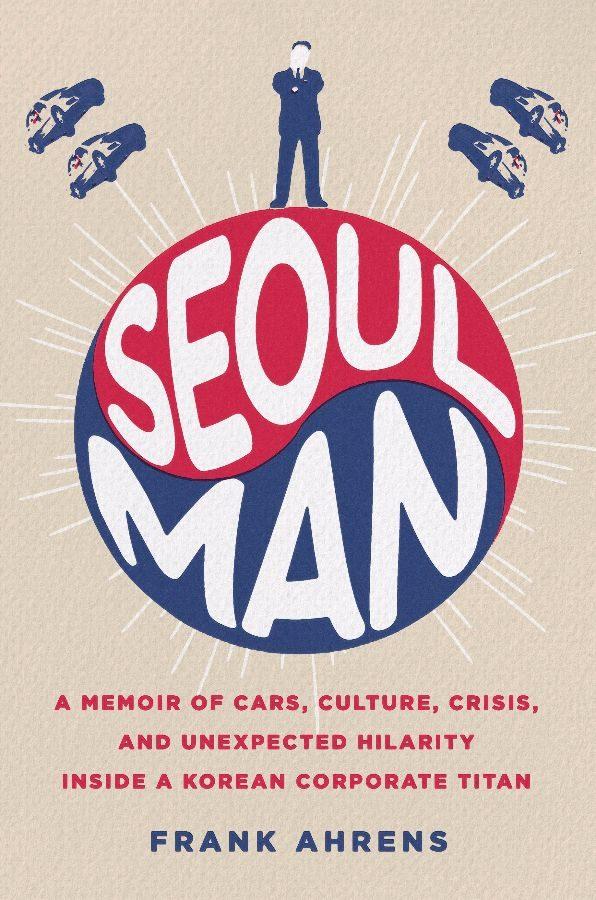Being the weagukin
October 5, 2016
Psy’s “Gangnam Style” ignited a K-pop explosion in America, and the Korean craze has continued to grow.
Yet for all its increasing popularity, the small country of South Korea is still a mystery to most Westerners.
Author Frank Ahrens sheds some light on the enigmatic country from within its very borders in his book Seoul Man. It is his personal account of a major transitional phase in his life.
Seoul Man revolves around Ahrens’ move to South Korea when his wife, a foreign diplomat, is assigned there. He recounts his transition from an 18-year Washington Post veteran to a top-ranking non-Korean in public relations at Hyundai, one of the world’s largest car companies.
His topic is fairly unexplored and is highly interesting, especially for those who live near the motor city, which is dominated by companies like Ford and General Motors.
Ahrens’ accounts rely on his his vast experience as a member of the PR department and his immense knowledge relating to Hyundai’s growth to global prestige.
However, Ahrens doesn’t purely focus on just his experience with Hyundai. Readers also get a taste of what it is to be the odd-one-out or weagukin (foreigner) in a homogenous society like Korea. A situation that, for a white male, does not occur often.
Ahrens describes the other ways in which he feels out of place because of the simple day-to-day struggles that contradict that of American lifestyles. Readers can be surprised at how subtle—yet monumental—some of these culture differences can be.
What really sets this book apart from other autobiographies involving Korea is mostbooks in the genre are typically about a North Korean’s conversion from life under the regime to the more democratic way of the South.
For Ahrens to be an American writing about navigating his transition to an unfamiliar culture in a foreign land is a captivating twist for readers acquainted with this particular genre. He’s also sure to capture new readers with his relatable style.
He has a strong, clear voice that can really resonate with his audience, and his reporting background is evident in his mastery of balancing fact telling and humor that readers can find appealing.
The book’s only real flaw could be a reader’s lack of interest in this kind of topic, making it less enjoyable and more of a drudging read. So if business, internal struggle, or Korean culture aren’t topics you’re compelled by, the quality of the read may be lost.
This book is really for those who are more comfortable in a realm other than that of fiction. Despite this minor hindrances, Seoul Man is a very interesting read for those looking for something a little different. It is a though- provoking book that leaves readers with a sense of worldly awareness they didn’t—couldn’t—have had before.












